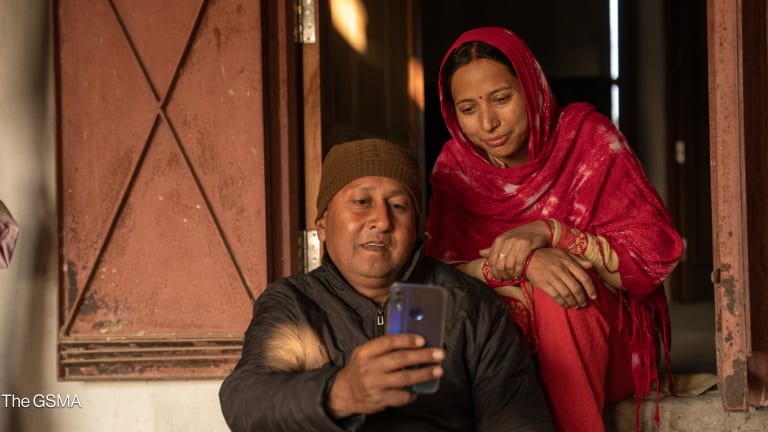In an interconnected world, if you’re not online, you’re not going anywhere. As low- and middle-income countries scramble to keep up with the steady march of digital advances, women in these countries face a double hurdle: They’re less likely to have access to the internet and even when they do have access, they’re less likely to use it.
The statistics bear this out. Nearly 1.5 billion women in LMICs can’t get online. Meanwhile, 259 million more men than women around the world used the internet through 2022, a gap that has cost the global economy an estimated $1 trillion. Closing the gender digital divide would boost economic activity by an estimated $524 billion by 2025.
That’s according to the Women in the Digital Economy Fund, or WiDEF, a new five-year, $60.5 million investment founded by the U.S. Agency for International Development and the Bill & Melinda Gates Foundation that’s intended to tackle this stubborn digital divide.








